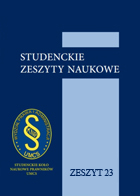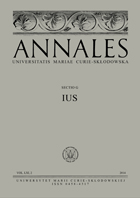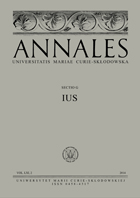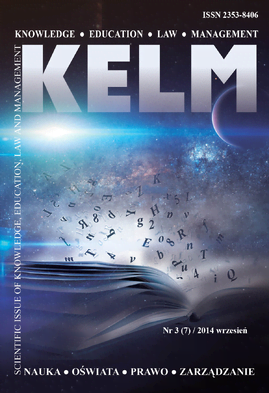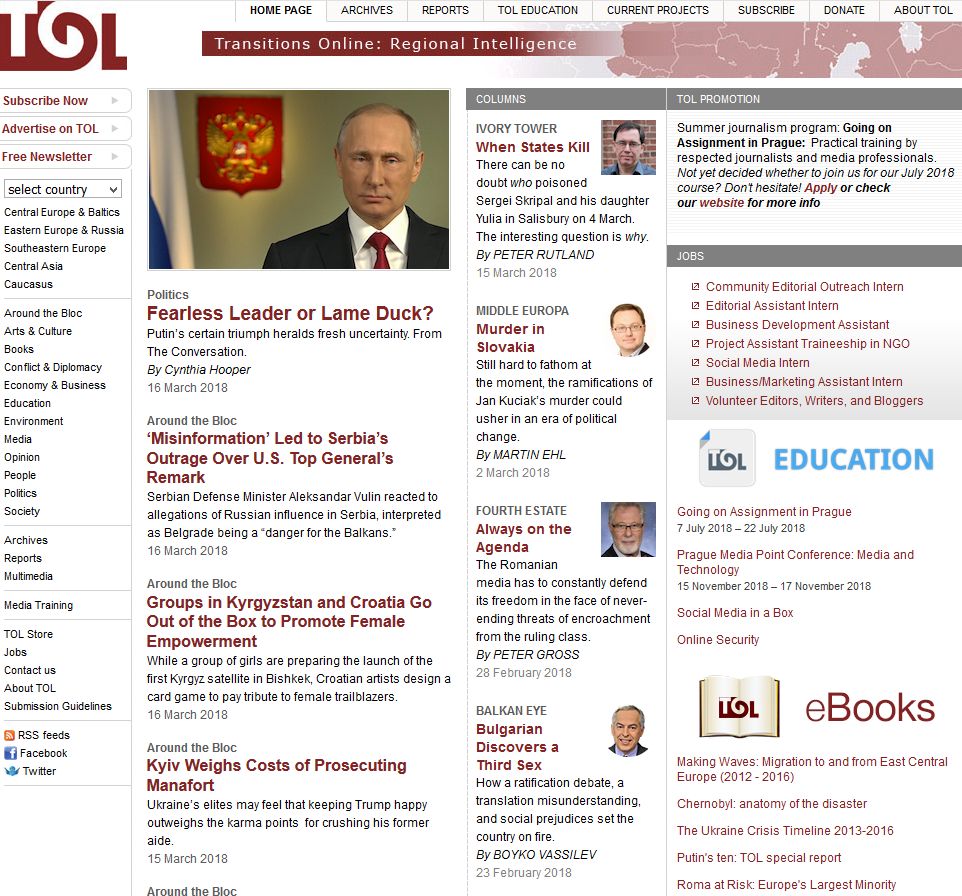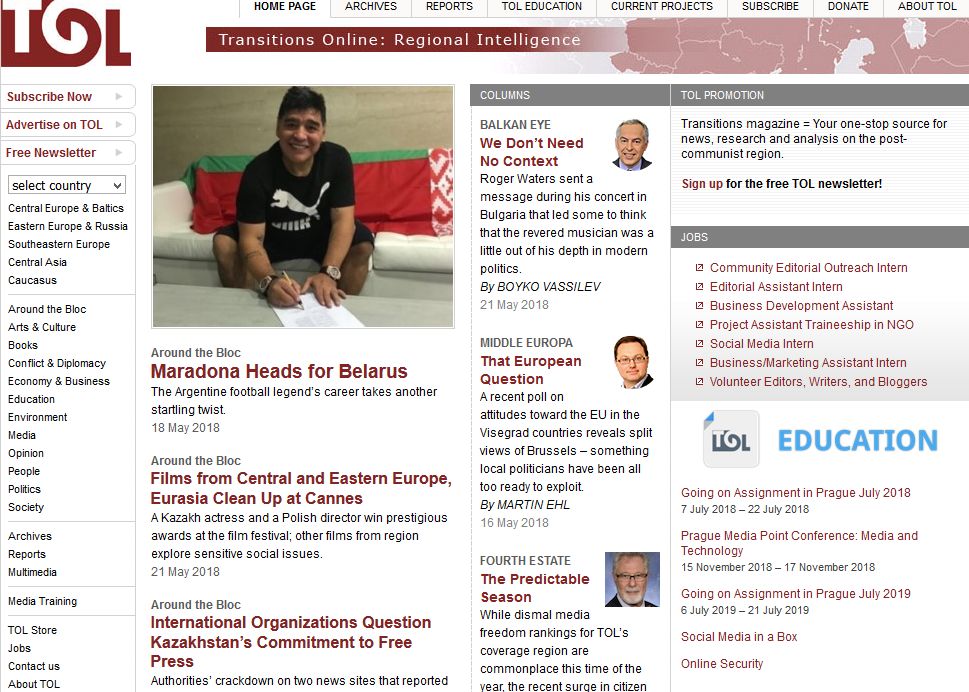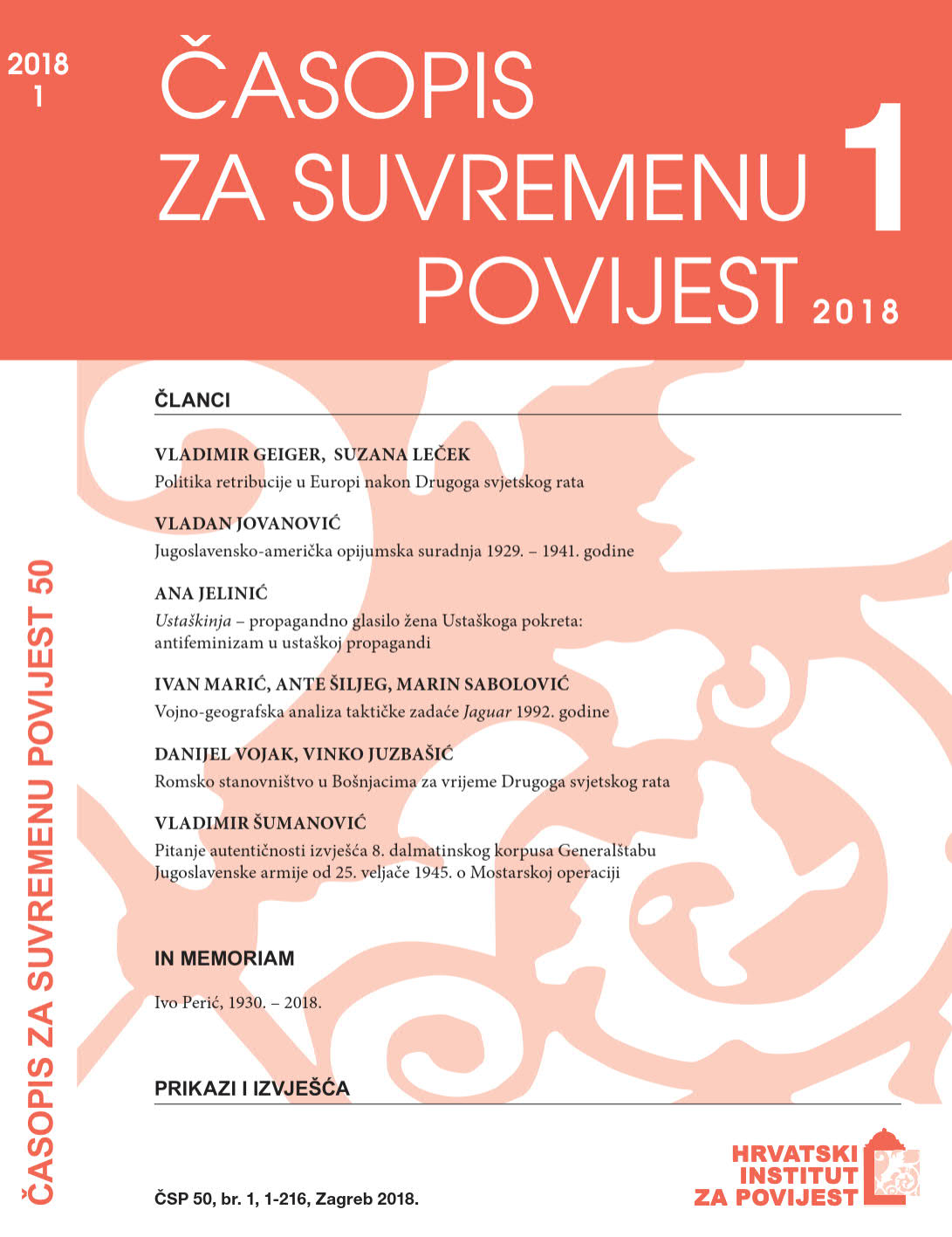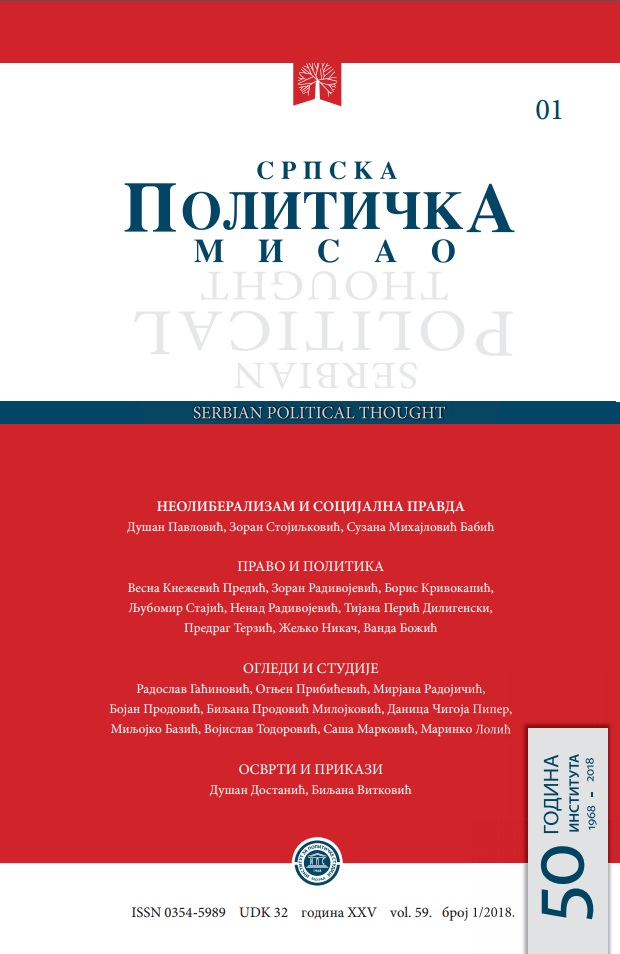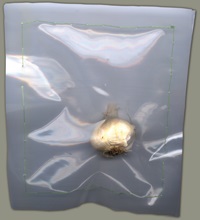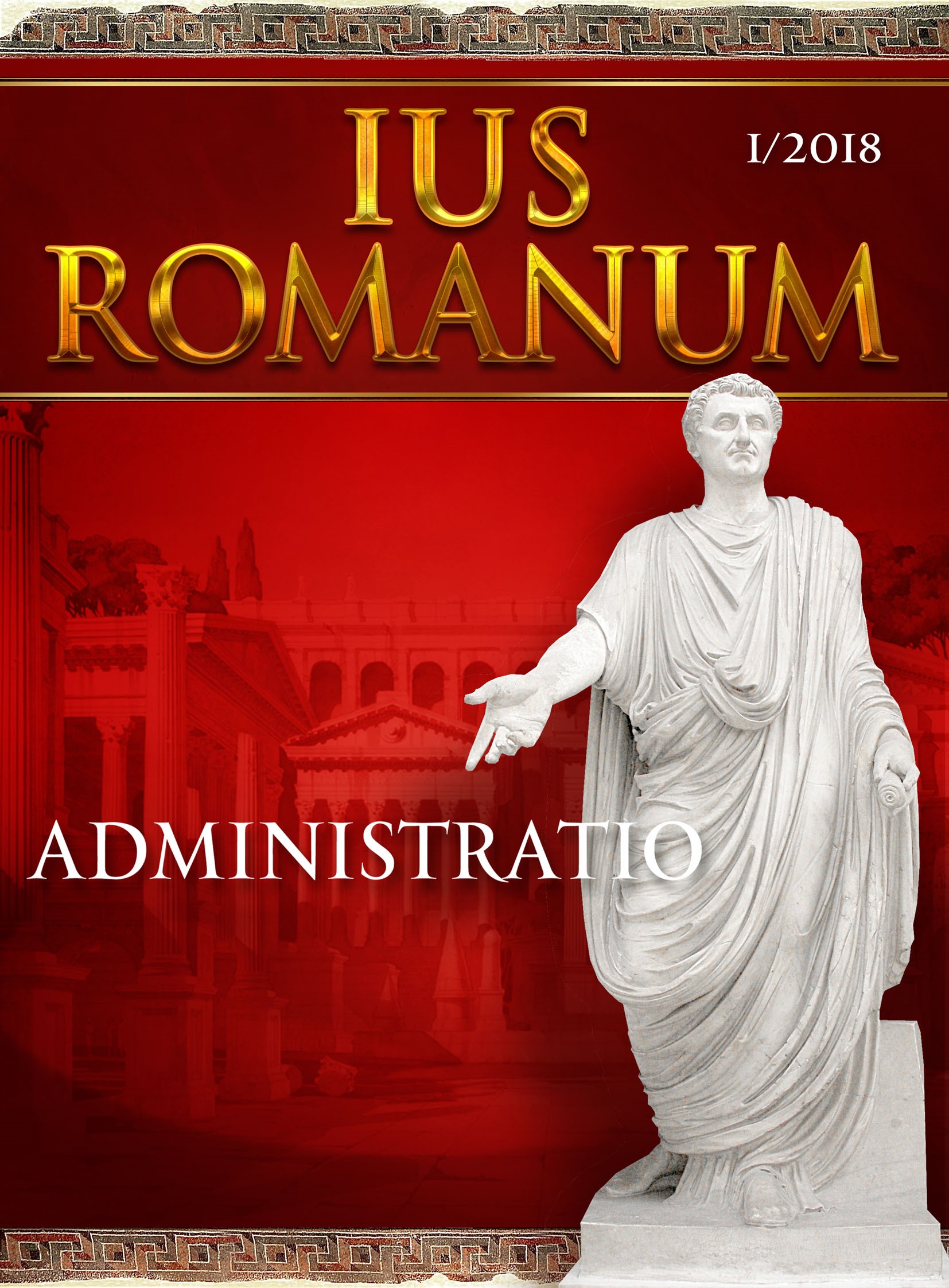Author(s): Vladimir Geiger,Suzana Leček / Language(s): Croatian
Issue: 1/2018
The extent of human suffering and loss of life during World War II gave a new dimension to the matter of guilt for war crimes and the need to punish their perpetrators. Therefore, near the end of the war and in its immediate aftermath, a process that’s known under several names in professional literature – reprisal or retribution, purges or, more recently, transitional justice
– took place in all the countries involved in the war. Summarising the research published to date, we can conclude that the post-war policy of reprisal was marked by three new processes: first, a new definition of war crimes and extraordinary courts as the executors of the new legal principle; second, the massive scale of punishment; and third, this was the first time that heads of state were put on trial.Research on the history of wartime collaboration and the post-war process of reprisal has shown the decisive influence of politics on punishment for war crimes and various categories of guilt. In all European countries, Western or Eastern, it was politics that, based on their strategy for building a future, made the decisions regarding the intensity, scale, and duration of retribution. They determined how to combine politics and law, i.e. they determined the balance between punishing perpetrators and creating a future, rebuilt and integrated society. The countries of Western Europe quickly saw that harsh punishment and other forms of excluding former collaborators prevents the rebuilding of society and the stability of the state. Therefore, punishment of collaboration was massive, but it was implemented quickly and the punishments were relatively mild. On the other hand, in the countries that would comprise the future Eastern Bloc, the process was exactly the opposite, since dealing with nazism and fascism was also used as a pretext for conducting a social (socialist) revolution. The “enemies” included not only collaborators, but also opponents of the revolution, and the “purging” process was conducted on a much greater scale. Even though the information in literature is incomplete, Croatia/Yugoslavia can without a doubt be compared to the states where reprisal against collaboration, but also against broadly-defined “enemies of the people”, was at its harshest according to the number of people killed in purges, the number of people put on trial, and the punishment the leaders of the defeated collaborator regime were subjected to.
More...
